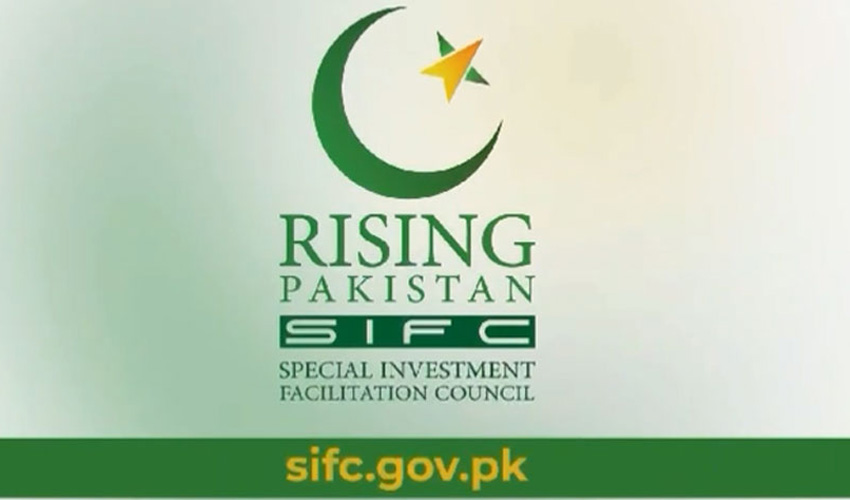A new biosaline research center has been established at Sindh Agricultural University to address Pakistan's significant agricultural challenges, with the facility targeting the rehabilitation of 35% of the country's currently uncultivable land.
The initiative, supported by the Special Investment Facilitation Council (SIFC), aims to develop advanced strategies for managing salt-affected soils across Pakistan, where approximately 6.3 million hectares of agricultural land face degradation due to salinity and drainage issues.
Recent success has been achieved through a collaborative project with an Australian research center, demonstrating effective methods for growing trees and vegetation on salt-affected land. The research findings have already led to successful cultivation trials in previously unproductive areas.
The center is currently developing a comprehensive water management scheme that will monitor and analyze water usage across 14 canals, focusing on both drainage patterns and agricultural utilization. This systematic approach aims to optimize water resources while addressing soil salinity issues.
"This research facility represents a significant step forward in our agricultural rehabilitation efforts," stated a spokesperson from the research center, highlighting the potential impact on Pakistan's agricultural productivity.
The SIFC's involvement underscores the economic significance of the project, as agricultural development remains a key priority in Pakistan's economic strategy. The council has been instrumental in facilitating both technical and financial support for the initiative.
The research center's establishment marks a concrete step toward addressing Pakistan's agricultural challenges through scientific innovation and international collaboration. Ongoing research continues to focus on developing practical solutions for farmers dealing with salt-affected lands while working to expand the country's cultivable area.
The project demonstrates the integration of scientific research with practical agricultural needs, potentially offering solutions to long-standing challenges in Pakistan's agricultural sector. Monitoring and evaluation of the project's impact will continue as new techniques are implemented across affected regions.



























